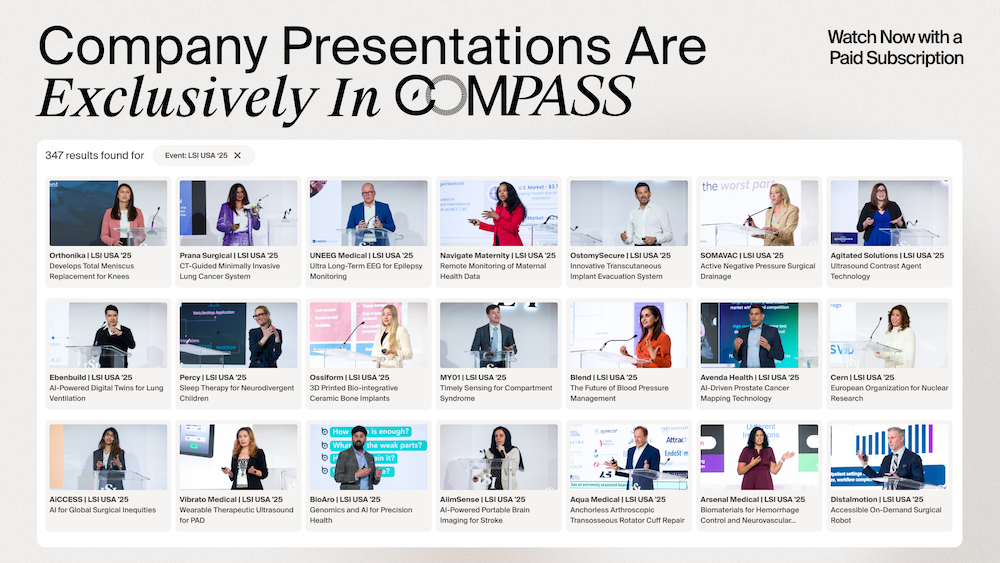- Video Library
- Tim Fitzpatrick Presents Ikona at LSI USA ‘23
Tim Fitzpatrick Presents Ikona at LSI USA ‘23
shaping the future of
Medtech at LSI USA ‘26
Waldorf Astoria, Monarch Beach

Tim Fitzpatrick
Tim spent his last eighteen months in the US Navy as a patient. After several surgeries, hundreds of wound care treatments and far too many months spent in isolation, he experienced hopelessness firsthand.
The challenges he faced in understanding his treatment plan and what he could do to take back control of his life are felt by countless other patients and families on a daily basis. Tim's journey through uncertainty is what he now draws upon to lead IKONA toward fulfilling its mission and transforming how patients learn.
Tim Fitzpatrick
Tim spent his last eighteen months in the US Navy as a patient. After several surgeries, hundreds of wound care treatments and far too many months spent in isolation, he experienced hopelessness firsthand.
The challenges he faced in understanding his treatment plan and what he could do to take back control of his life are felt by countless other patients and families on a daily basis. Tim's journey through uncertainty is what he now draws upon to lead IKONA toward fulfilling its mission and transforming how patients learn.

17011 Beach Blvd, Suite 500 Huntington Beach, CA 92647
714-847-3540© 2026 Life Science Intelligence, Inc., All Rights Reserved. | Privacy Policy







